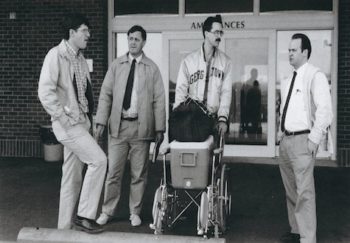
In the 50 years since it began, the organ transplant program at UVA brought people together, strengthening connections between families, friends, doctors, nurses, transplant coordinators and even strangers.
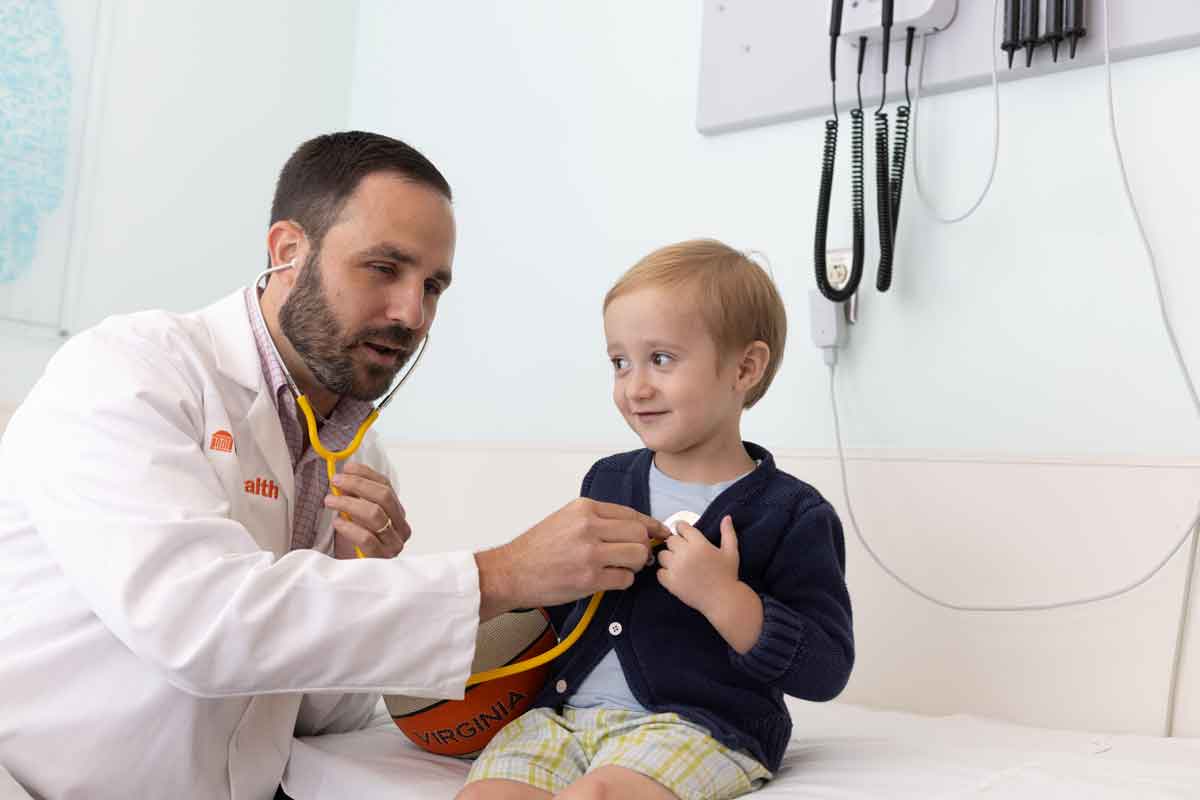 Have you ever thought about saving a life? Living organ donation can save someone needing a life-saving organ transplant. You don’t need special training, cool equipment, or a secret identity. All you need is to be healthy and be ready to donate.
Have you ever thought about saving a life? Living organ donation can save someone needing a life-saving organ transplant. You don’t need special training, cool equipment, or a secret identity. All you need is to be healthy and be ready to donate.
According to Donate Life America, 16 people each day die waiting for an organ transplant. Another person is added to the waitlist every 8 minutes. About 86% of people on the list are waiting for a kidney.
Becoming a living organ donor can make a real impact on the life of someone you care about. Most people who get a transplant return to having a normal, active life. By donating an organ, you can give the gift of a longer and healthier life.
Living organ donation is when you donate one of your own organs while you’re still alive and healthy to someone who needs an organ transplant. At UVA Health, living organ donors can give:
When you decide to become a living organ donor, you’ll have your own medical team that makes sure you’re healthy enough to donate, both physically and mentally. This is a separate care team that is focused only on the donor. After donating your organ, this team also helps you recover quickly and safely. Living organ donors go on to live normal, healthy lives after their donation.
Living organ donation makes a big difference for people who are waiting for a transplant. This kind of donation helps save lives because it makes organs available sooner. There are over 100,000 people on the waiting list for an organ transplant in the U.S. Many people die while on the waitlist because there aren’t enough available organs from deceased donors.
Living organ donors can give to a family member, friend, or a stranger. Living organ donation is a generous act of kindness that can give someone a second chance at life.
The road to living organ donation usually starts when you decide you want to donate. Maybe you have a friend or family member in need of a new kidney or liver.
You go through many medical tests to make sure you’re healthy enough to donate. These tests also check to see if your organ is compatible with the recipient. That means their body can accept your organ. If you aren’t compatible with the person you would like to donate to, don’t worry – there are still ways you can give your organ and the recipient still gets a compatible organ.
Once the donation is approved, you’ll have surgery to remove either one kidney or part of your liver. After the surgery, you’ll stay in the hospital for a few days to recover. Most donors get back to living a normal, healthy life pretty quickly.
The donated organ is then transplanted into the recipient, the person who needs it. After their transplant surgery, we make sure their body accepts the new organ and they have a healthy recovery.
Read on to see donors and organ recipients share their stories about organ donation at UVA Health. You can meet doctors who work with donors and recipients, and see some myths and facts and living organ donation.
Why should you choose UVA Health for your living organ donation? Here, you’ll find:
Be a hero and save a life today. Sign up to be a living organ donor at UVA Health.

In the 50 years since it began, the organ transplant program at UVA brought people together, strengthening connections between families, friends, doctors, nurses, transplant coordinators and even strangers.

Andrea Vest received two kidney transplants 35 years apart. Both were from living donors that were family members. Vest credits the transplant team at UVA for her health.
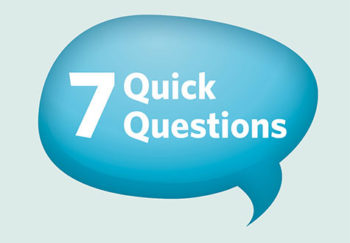
Meet Karen Warburton, MD, FASN, who specializes in kidney and pancreas transplantation, including living donor kidney transplant.
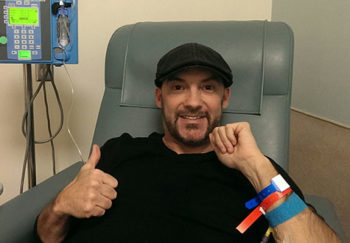
One great thing about this year is that, as editor of Healthy Balance, I got to read and write about interesting topics (school recess, parenting styles, allergy-free school lunches) and patients who have overcome incredible barriers.
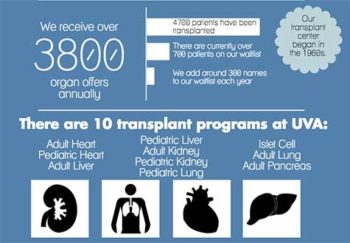
UVA Transplant Center started in the 1960s and has since performed thousands of successful transplant surgeries. Learn more about organ donation and the UVA Transplant Center in this infographic.
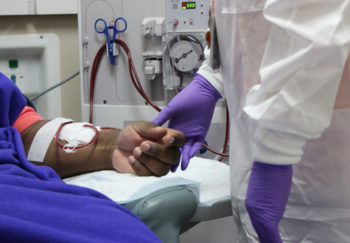
April is National Donate Life Month. Currently, more than 100,000 people in the U.S. are waiting for an organ transplant. Get the facts about organ donation in this week's podcast.
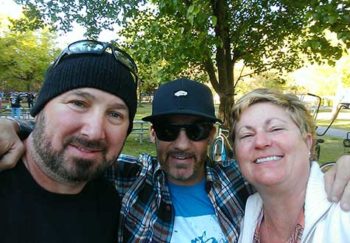
When Tory Kemp found out he would need a kidney transplant, a friend of his posted Kemp's story on Facebook. Nikki Ward saw the post and immediately responded. She and Kemp had gone to a Virginia Beach area high school and although they knew of each other, the two ran in different circles. Now, a few decades after graduating, their paths would cross again.
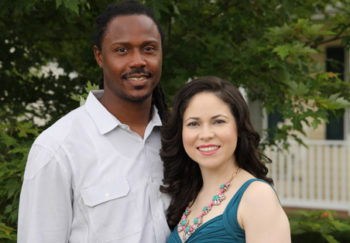
Hepatic epithelioid hemangioendothelioma is a rare liver cancer that affects just one in one million people. But the odds weren’t in Leslie Waller’s favor. At 33, she was healthy and enjoying her job as a high school administrator. Then she began having horrible abdominal pains. [caption id="attachment_10985" align="alignright" width="300"] Leslie…

About 17,000 adults and children in the U.S. are waiting for a liver donation, according to the American Liver Foundation, and some will die before they get one. However, they can increase their odds by asking friends and family members to consider a living donation. [caption id="attachment_10838" align="alignright" width="350"] Liver transplant surgeon…

According to Donate Life America, 22 people die each day because they were unable to get the organ they needed. Even though 95 percent of Americans are in favor of donating, only 60 percent of Virginians have registered. Virginia organ donation can help save lives right in our own state.…
Get stories & health tips every week